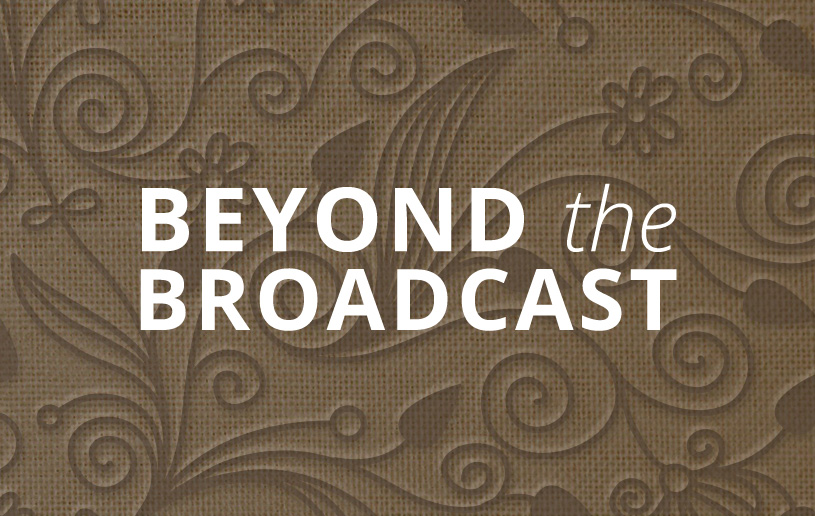
“Without a second chance, we would never grow to maturity.” —Charles R. Swindoll
We’ve all said we would do something and not followed through. We started strong; we had every intention of doing it. And then, somewhere along the way, we got sidetracked.
When we don’t follow through we disappoint people. At this point, two things likely happen. First, having lost trust in us, some people determine not to rely on us again. Second, having had time to think about how we would handle things differently, we long for a second chance.
The Bible includes several examples of people who blew it and later asked for a second chance. The adulterous woman needed a second chance to prove her character (John 8:1–11). Jonah needed one after he ran from God’s command to carry His message to Nineveh (Jonah 1–2). Esther needed a second chance to respond to Mordecai’s plea to help their people (Esther 4:10-17). In this message we focus on the young John Mark who needed a second chance to prove himself to Paul and Barnabas after deserting them on his first missionary journey (Acts 13:13; 15:37–38).
Paul and Barnabas were prominent teachers in the Antioch church whom God called to minister in other places (13:1–2). John Mark came along as their assistant. After ministering on the island of Cyprus, the travellers sailed for Asia Minor and landed in port called Perga. It was in Perga John Mark left the group (13:13).
In Luke’s record of the event, he said nothing of Paul’s immediate reaction to John Mark’s leaving. However, we do know how it affected Paul later. Sometime after their return to Antioch, Paul and Barnabas explored the idea of returning to the churches they had started on their previous journey. They were eager about the prospect aside from one thing: John Mark. Barnabas wanted to bring him along and Paul would have none of it.
We’re as likely to stand in John Mark’s shoes as we are Paul’s and Barnabas’. People will fail us. And when that happens we must decide what to do. How do we respond to someone who has disappointed us? Here are four guidelines to help navigate those treacherous waters and make the right choice.
First, when in disagreement, work hard at seeing the other point of view.
Second, when both sides have excellent support, seek a wise compromise.
Third, when conflict persists, care enough to work it through rather than stomp it out.
Fourth, when you can’t reach a resolution and you must disagree, try not to become disagreeable.
"What If You Need a Second Chance?" is from Chuck Swindoll’s series What If...? You can stream this message online anytime at insightforliving.ca/audiolibrary.

